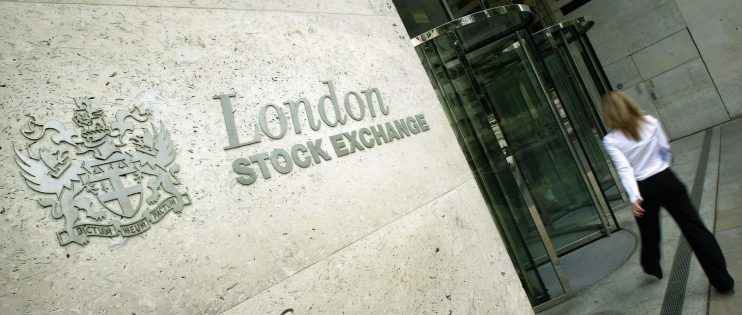Kazakhstan fintech Kaspi plans London IPO

Kazakh banking and fintech firm Kaspi has confirmed plans to float on the London Stock Exchange this month.
Kaspi, which controls the third-largest bank in Kazakhstan, said it plans to sell new and existing shares by listing its Global Depositary Receipts (GDRs) on the stock exchange.
The company did not reveal what stake its shareholders intended to sell or how much they were looking to raise. Reuters previously reported the firm had aimed to raise between $500m and $700m.
Kaspi is the largest payments and marketplace ecosystem in Kazakhstan and has 7.8 monthly active users in its “Super App”.
In June 2020 the payment platform accounted for 66 per cent of the total payment network transactions in the country.
Co-founder Mikheil Lomtadze said the pandemic had highlighted how “important and essential” Kaspi’s Super App is.
“As people’s daily lives become increasingly digitalised we expect the relevance of Kaspi.kz’s Ecosystem to the unfolding digital future to only increase, leaving us extremely well positioned to deliver further rapid growth and create value for all of our shareholders”, he said today.
The firm will be the first Kazakh lender to sell shares in London since AO Alliance Bank in 2007. Kaspi had initially intended to float in 2009 before the financial crash, and it postponed plans to float last year after the valuation disappointed shareholders.
Kaspi’s platform was the largest online retailer in Kazakhstan by sales value last year. It also provides digital finance products, including consumer finance and deposits, and boasted 32 per cent of market share of consumer loans last year.
“I am delighted to confirm our intention to float Kaspi.kz on the London Stock Exchange. Kaspi.kz is a success story which has been built over the last decade, with the Company developing market-leading Payments, Marketplace and Fintech Platforms in Kazakhstan”, said Lomtadze.
Another Kazakh firm Kazmunaygas was scheduled to list in London next month but plans have been postponed to 2021 due to the pandemic. It is expected to raise between $3bn and $5bn.